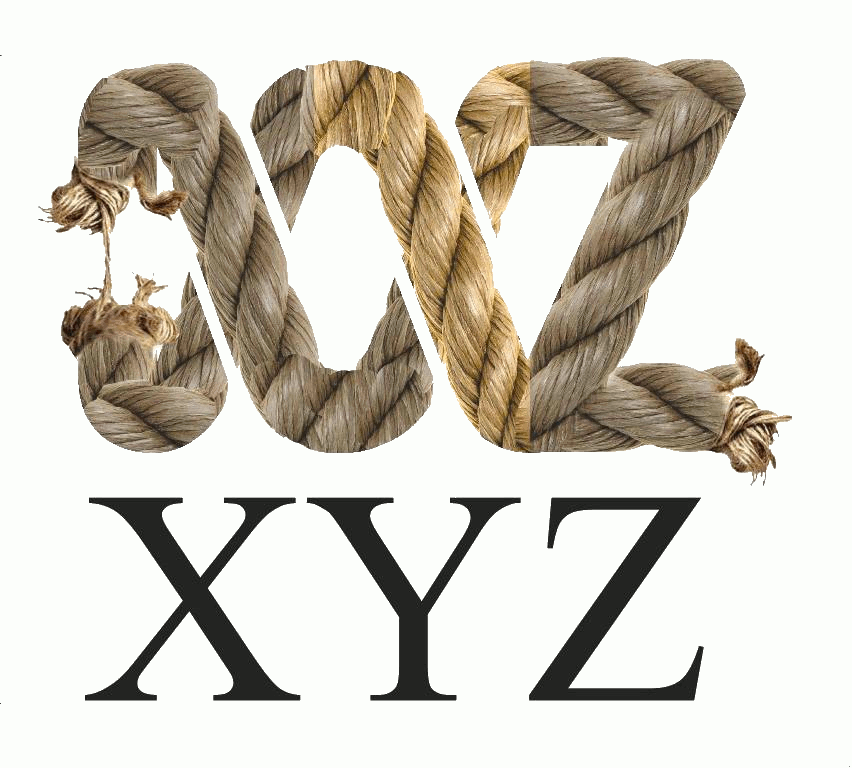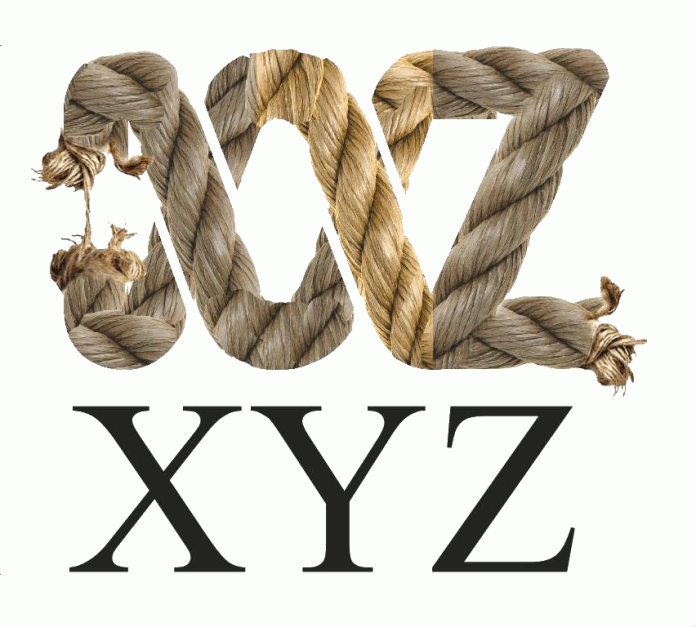The social contract theory has been the foundation of the liberal democracy since the Enlightenment. But are we contracting away too much to the State? And have we forgotten that the natural condition of the human persona is the will to freedom and self determination? How much will we willingly hand over to Nanny State, before we lose the very thing that makes us who we are?
Thomas Hobbes (1588-1679), who lived during the English Civil War and the tumultuous events that accompanied it, is generally attributed with the development of the social contract theory in the context of British philosophy – there are clear echoes of the theory, centuries earlier, in Socrates’ Crito. Hobbes had an essentially pessimistic view of human nature, and understood the natural inclination, or condition, of human beings to be inherently selfish. History, not less the present day, provides abundant evidence for this proposition! Hobbes set out his views in his (rightfully) famous work Leviathan (1651). Humans, he argues, are self interested, and motivated almost exclusively by self gain and personal happiness, by virtue of their very birth and existence – this is the natural, human condition. At the same time, however, Hobbes maintains that human beings are reasonable, having an intuitive rationality that serves to govern and modify behaviour. These two assumptions about the human condition – our inherent self centredness, and our reasonableness – produce the political theory of the social contract, for which Hobbes is best remembered today. The only way to escape the natural inclination to self gain at the expense of others, Hobbes argues, is for humans living in proximity to each other to voluntarily surrender some of their personal autonomy to the State, by contracting (or agreeing) to live under a set of common laws, for the common good, and by vesting authority to create and enforce those laws in an individual (a sovereign) or a group of individuals (a parliament) – the State. The State acts as a restraining force on the inherent selfishness of human nature – there are many things we would like to do, and which we know we would like to do, but do not and cannot do, knowing them to be illegal, and enforced by punishment. This can be as mundane as parking in a place marked no parking, to inflicting bodily harm on someone who has insulted us.
John Locke (1632-1704) further developed the social contract theory, albeit from a very different understanding of human nature. Locke maintained that the natural condition of the human being was one of personal autonomy – that each person was at complete liberty to live however he or she wishes, free of the interference of others. However this natural condition can easily dissolve into conflict, especially, in Locke’s theory, over property. Whilst every individual is, and ought to be, free to pursue happiness, this can easily degenerate into one person having dominance over another, and denying to the other personal freedom and happiness. In the natural condition, humans are vulnerable then, through the lack of a central authority, the lack of laws, and the lack of a power to enforce them. The best remedy to this, for Locke, is for humans to live together in a common-wealth, in which individuals, although autonomous, hand over some of their freedom to the State, in order for the State to make and enforce laws that foster a commonwealth for the greater good. The personal liberties handed over for this purpose should be, however, extremely limited, and as few as necessary to ensure the good order of the society together with the greatest individual freedom and happiness for all. The social contract was, further, only valid so long as the civil authority acted for the greater good of those who had contracted some limited rights to it. Locke’s emphasis on life, liberty and property profoundly influenced the development of the 1776 Declaration of Independence in America.
In the light of this potted history, a definition of the social contract theory can be ventured. It is an agreement, entered into by individuals, that results in the formation of the state, the primary purpose of which is to make and enforce laws to ensure the greater good, this entailing the surrender of some personal liberties. The critical question now emerges. What personal liberties and freedoms must, or should, an individual surrender to the State, in order to ensure the greatest good for the greatest number, and to ensure one’s own protection, and the protection of one’s own self and property, by virtue of the rule of law? In extreme forms of the social contract the answer is absolute – each person surrenders all of their personal liberties in their entirety, to the State. This results in an Orwellian, ‘Big Brother’ society. Such an existence is never attractive and requires some form of compulsion, in violation of the foundational theories of Hobbes, Locke, and also Rousseau, who followed them. For each of these three philosophers, the voluntary nature of the social contract is pivotal, and willing consent is a key component. In order to surrender the personal freedoms that are inherently mine, it is entirely necessary that I see the greater good to be gained, both personally and corporately, and willingly agree to the forfeiture of what is naturally mine. This goes to the heart of another fundamental conviction of Locke, in particular, that all human beings are born free and equal. The natural inclination has been, in civil societies constructed on these principles, for individuals within them to give, or to ‘contract’, as little as possible, the very bare minimum, of their personal liberties and freedoms (which are inherently theirs), to the State, in return for the provision of good government, the greater good, and the operation of the rule of law.
And this now brings us the situation in modern Australia. It would be easy, all too easy, to rage at the insipid intrusion of Nanny State into our lives over the past few years – from forcing us to wear helmets whilst riding a bicycle (be a good boy now and put it on will you), to airport curfews, pages of regulation around sidewalk dining and restaurant and pub opening hours, to public service advertisements telling us we are too fat, drink too much, eat too much, do not exercise enough, don’t walk our dog enough… and on, and on, it goes. That most useless and intrusive level of government, local councils, are serial pests. One council in Melbourne (unaffectionately known as the Peoples Republic of Port Philip) actually pays people to walk around smiling at passers-by, to enhance social capital and foster a sense of cohesion and happiness. Excuse me whilst I lean over and barf my guts out. Miranda Devine has described the lamentable situation beautifully at the link below, so I won’t repeat it here.
These manifestat ions of the Nanny State are alarming enough, but there is one thing even more so, and that is the docile, and vapid manner in which the citizens of the early 21st century have studiously surrendered, step by step and little by little, the one thing of theirs that is of most value and importance – their innate personal liberty. As Hobbes and Locke argued, although from different directions, the natural condition of the human person is one of inalienable freedom tending to self determination and the pursuit of happiness. We are born with a natural inclination to forge our own destiny and make our own choices in life, to reach for and aspire to our own goals, and fulfil our desires. We have nothing of more value to give in this pursuit than our very will to self determination. Even Karl Marx recognised this. So too does the Bible for that matter. And it is captured most eloquently in the famous second paragraph of the United States Declaration of Independence (1776), which is something of a synthesis of the entire Enlightenment project.
ions of the Nanny State are alarming enough, but there is one thing even more so, and that is the docile, and vapid manner in which the citizens of the early 21st century have studiously surrendered, step by step and little by little, the one thing of theirs that is of most value and importance – their innate personal liberty. As Hobbes and Locke argued, although from different directions, the natural condition of the human person is one of inalienable freedom tending to self determination and the pursuit of happiness. We are born with a natural inclination to forge our own destiny and make our own choices in life, to reach for and aspire to our own goals, and fulfil our desires. We have nothing of more value to give in this pursuit than our very will to self determination. Even Karl Marx recognised this. So too does the Bible for that matter. And it is captured most eloquently in the famous second paragraph of the United States Declaration of Independence (1776), which is something of a synthesis of the entire Enlightenment project.
We hold these truths to be self-evident, that all men are created equal, that they are endowed by their Creator with certain unalienable Rights, that among these are Life, Liberty and the Pursuit of Happiness. That to secure these rights, Governments are instituted among Men, deriving their just powers from the consent of the governed.
What is happening in the 21st century is a gradual erosion of this majestic principle, and nothing less than the undoing of the Enlightenment before our very eyes. Rather than take up the ‘unalienable rights’ that are inherently theirs, the docile citizens of the Orwellian postmodernist world that is early 21st century Australia, are seemingly pleased to receive them from Nanny State like grateful cattle at feeding time. Rather than begrudgingly surrender to the State the bare minimum of our personal freedoms to ensure the good order of society and the maximum benefit for all in the commonwealth, we eat the crumbs of freedom that fall from the table of the State, dutifully accepting what the State will allow us to do and say, and then even have the stupidity to then thank Nanny State for according us worthy to feed on these dismal crumbs. Insidiously, the servants of Nanny State, and those who place the noose of political correctness around the necks offenders, together with the legions of professional offence takers in parliament, academia and the media, use the very language of freedom and self determination at will, whilst in fact denying this very freedom to any who will not baaa in unison with the rest of the sheep. Of course, the more you give, and are compelled, or shamed, or fined into giving, to Nanny State, the more Nanny State takes. Until the day comes that you find you have no personal liberty at all, or very little, beyond that which Nanny State permits.
The State does not exist to tell us how to live, where to live, who to live with, what to eat, drink, or smoke, nor to regulate the words we use. The State exists to enforce law and order, provide the essential services, and to do and enact for all, what is more expedient be done corporately rather than individually. Nothing more, nothing less. The principle outlined by John Stuart Mill in his 1859 On Liberty remains supreme. Mill saw this as a very simple matter – the State was involved only to the extent of preventing harm to others. Paternalistic interventions to save people from themselves, and to prevent people from making poor choices, are, therefore, no business of the State. To distill this into a very banal sentence that will make it very easy for Nanny State to understand –make the trains run on time, collect the rubbish, ensure the supply of electricity, and then get the hell out of our f***ing lives. Neither Hobbes nor Locke, although possibly Rousseau, would have used those words, but that’s the social contract I’m talking about.
Welcome to Australia: the world’s most over-regulated nanny state.
It’s the XYZ










